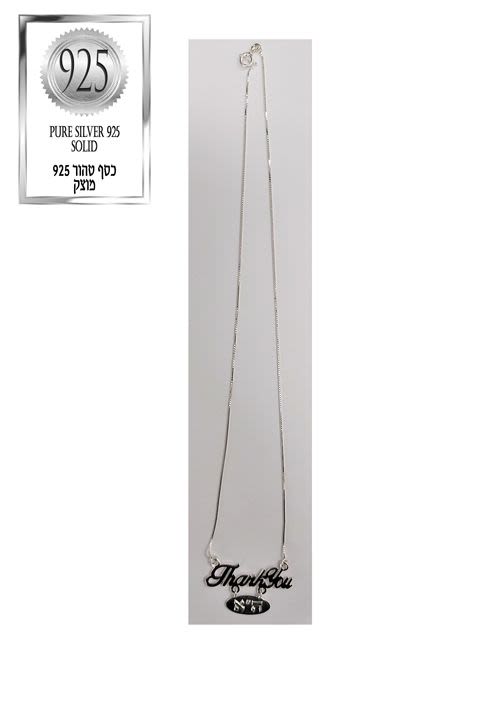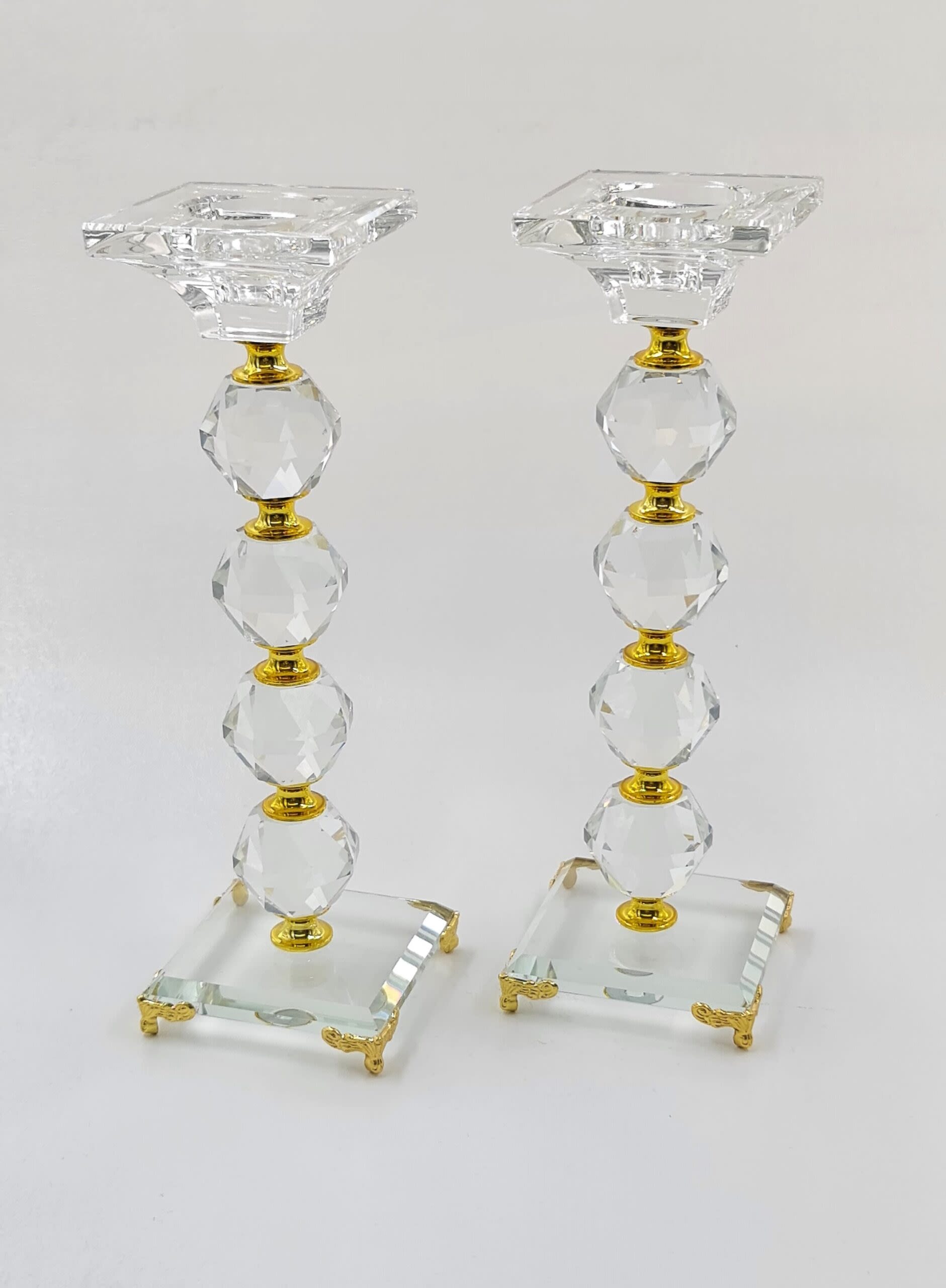
Stopping ‘Stingy’
Emuna people know that when you go into self-pitying mode, Hashem hates it. A person might have been saving a few shekels, but if he's stingy, he won't be happy...

You know, once you start to hook in to really righteous Jews, aka 'tzaddikim', all sorts of strange things start to happen. You stop groping around for 'what' you are doing wrong and need to work on, and you start focusing a whole lot more on 'how' you are doing it wrong, and what you need to work on.
Case in point: on my latest trip to the Ukraine, I came back with a big list of bad character traits, or middot, to work on. Most of them weren't shocking, (although more than one was surprising).
But where I did have a shock is when the character trait of 'stingy' floated up into my consciousness, and on to my list of bad middot. Hmmm. That's weird, I thought to myself. If there's one thing I'm not, at all, it's stingy.
 When I had a lot of money I shared it very generously with family and friends. I gave a lot of charity. I nearly always have guests on Shabbat; I try to do nice things for people all the time, even though we haven't always got a lot of cash.
When I had a lot of money I shared it very generously with family and friends. I gave a lot of charity. I nearly always have guests on Shabbat; I try to do nice things for people all the time, even though we haven't always got a lot of cash.
I really found it quite bizarre that 'stingy' had made it on to the list, but I was by the Baal Shem Tov, in Medzibuzh, and I figured the Baal Shem Tov knew what he was doing.
I came home quite humbled, with my big list of bad middot, and started trying to make some headway on the ones that I knew were spot-on.
A few days' later, I was talking over my experiences with a friend, and I happened to mention that I just couldn't see how 'stingy' was relevant. She gave me some amazing insight: stingy isn't just about money. Stingy can also be related to time, affection, attention – and all sorts of other things that don't have a price tag.
Hmmm.
The light bulb started to go on. I asked for some help in my personal prayer, and G-d started helping me to catch lots of examples of 'stingy behaviour' that I simply hadn't paid attention to before.
It was stingy to not want to read my kids stories before bed (yes, I know it's not always possible, but it is possible at least a few times a week). It was stingy to insist on making cheap, 'healthy' food that no-one in my family really liked to eat, just to try and meet the budget.
It was 'stingy' to not give my kids rides to school when they were running late (they're always running late…) It was 'stingy' not to give my husband some proper time and attention when he came home from work, instead of being so caught up in whatever it was I was doing at the time. It was stingy to not turn the aircon on, when everyone's face was bright red and we were about to pass out from heat exhaustion.
Within a couple of weeks', I had a massive, whopping list of 'stingy' behaviours to work on. Who knew?
But then, even more bizarrely, I started to realize that I was also being stingy with money – something I would have never thought of in a million years. When we had a lot of cash, it was easy to throw it around all over the place, and to buy everything we wanted.
When our cash flow got very tight, it took me a couple of years' to respond, but then I went into major 'thrifty' mode. Unless something was a life-or-death must have, I regretted and resented buying it.
This sounds 'ok', sensible, even. But it wasn't. Because for every shekel I saved trying to be 'super thrifty', I walked around with such a gnawing sense of lack and self-pity.
Oh, poor me, I have to buy the cheapest bright red hand soap (I can't stand bright red hand soap…) Oh, poor me, I haven't bought a new pair of shoes in three years (and I'm a girl….) Oh, poor me, I can't afford a 10 shekel house plant; or a pair of curtains; or a new head scarf for yom tov.
Emuna people know that when you go into self-pitying mode, G-d hates it. I might have been saving a few shekels here and there (although even that is questionable) – but what I was definitely doing was feeling quite down about our financial situation.
I am the pipe of abundance for my home; if I feel down or lacking, I 'constrict' – and our finances go from bad to worse.
That pretty much describes what's been going on the last few years.
If I wasn't talking to G-d every day, I'd be really stuck. On the one hand, we have very little cash. On the other hand, I know I have to start spending more, particularly on myself and my husband.
I don't know how to resolve this paradox – but G-d does. G-d knows that I'm trying to spend for holy reasons now, to get past 'stingy', and all the tight, cramped, narrow, worthless, resentful feelings that go with it.
G-d knows it's for a mitzvah – and I can't worry any more about the overdraft. I've been there, done that, for five years already. I have holes in my tops, stains on my skirts (that are mostly at least eight years old…) I have a burning desire for paraben-free hand soap in a nice glass bottle (at least once – I'll refill it with something cheaper once it's used up…).
I have a need to feel like I'm worth something. Not because I can spend a lot of money. Not because my worth comes from the outside, G-d forbid. But as a reflection of my real value to G-d. I'm worth something, I keep telling myself. But I think I need a nice piece of new jewellery before I really start to believe it.











9/10/2013
chomesh dear author start to give chomesh to charity( preferably to avreichim). you will be able to make ends meet, and hashem will send all your needs miraculously. i was advised this by one of the tzadikei hador, and it works.
9/10/2013
dear author start to give chomesh to charity( preferably to avreichim). you will be able to make ends meet, and hashem will send all your needs miraculously. i was advised this by one of the tzadikei hador, and it works.
8/22/2012
wow Rabbi Chaim Kramer once wrote that our bodies are the interface for our souls. Thought that related so well to what you wrote here about the state of your clothes and personal things …. meaning that you were feeling miserable in your soul, and your perception of your outer world started to reflect that.